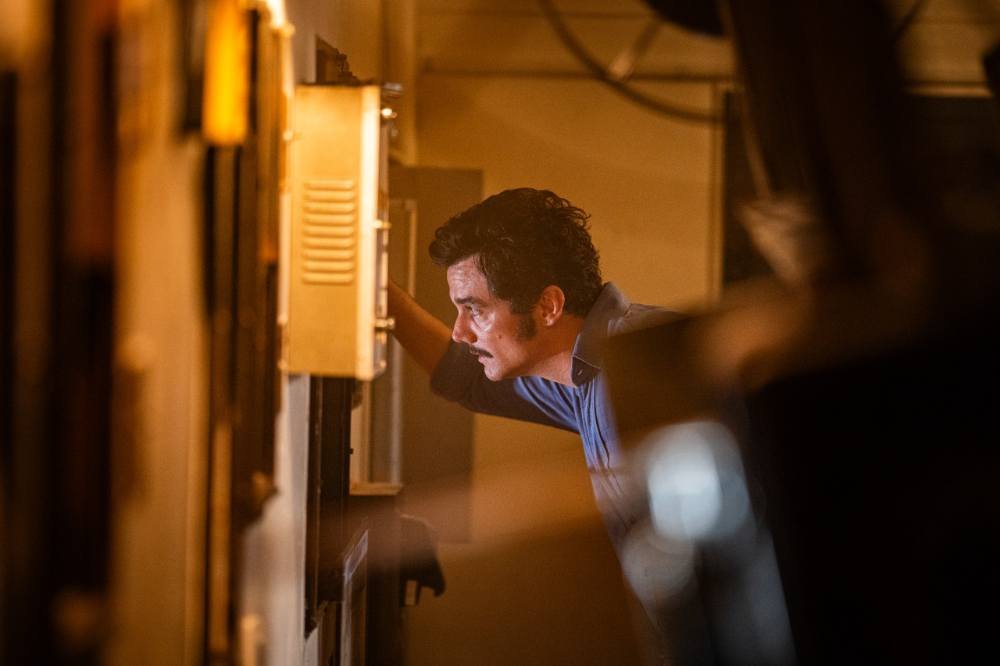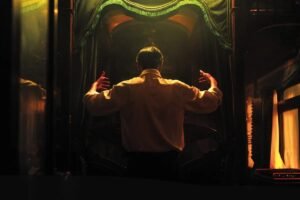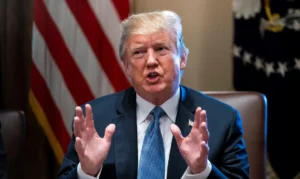
Set between ’77 and post-Lula Brazil, The Secret Agent wins over audiences and critics worldwide
By Priscila Miranda
Intro:This review is being published on the occasion of the simultaneous release of Agente Secreto in three countries. For independent cinema, moments like this are truly rare — and deeply significant. A global release strengthens a film’s visibility, allowing marketing efforts to work in harmony across territories.
It’s the same principle that major American studios rely on: when a film opens worldwide, the conversation around it becomes universal. For Agente Secreto, this synchronicity is especially meaningful — it helps the film reach audiences with greater force, resonance, and coherence.
The film opens on November 6, distributed by Vitrine Filmes in Brazil, Port Prince Films in Germany, and Nitrato Filmes in Portugal.
The Secret Agent (O agente secreto), the new film by Kleber Mendonça Filho, escapes easy classifications and asserts itself as a work that is simultaneously viscerally Brazilian and profoundly universal.
The director mobilizes the codes of the thriller—a genre little explored in national cinema—to create his own language, filtered through his personal memory and the strength of popular culture. The narrative crosses two decisive moments in the country’s history: the 1970s, under the military dictatorship, and the contemporary Brazil of the post-Lula period, marked by profound social transformations.
Genre cinema has never had a consolidated presence in Brazil. Figures like José Mojica Marins, the legendary Zé do Caixão, left their mark but did not create a continuous tradition. Mendonça Filho takes up this legacy in an inventive way: instead of reproducing formulas, he builds a “supra-genre,” combining suspense, realism, and historical consciousness. In this movement, he makes cinema a way of thinking about the country—between past and present.
The film alternates between two temporalities that mutually illuminate each other. On one side, 1977, under the weight of the military regime; on the other, the Brazil that emerged after the social policies of the Lula governments, when the children of workers became doctors, engineers, and qualified professionals. This tension between oppression and social ascension structures the director’s gaze, which avoids didacticism and seeks a human and historical depth.
The title, O agente secreto, echoes a classic starring Jean-Paul Belmondo in the 1970s, but with no direct relation to espionage. Mendonça Filho appropriates the name to reinvent the genre, displacing it into the Brazilian context.
A central symbol stitches the narrative together: the shark. Inspired by childhood memories and real events, the animal transforms into a metaphor for the diffuse threat that haunts the country—both in the “anos de chumbo” (years of lead) and in contemporary uncertainty. For those who grew up in the 1970s and 80s, the shark and the popular cinema of the era—from Jaws to Os Trapalhões—form a collective affective repertoire that the filmmaker revisits with subtlety and emotion.
The feature film also incorporates elements of Pernambucan folklore, such as the masked straw figure associated with maracatu rural. These symbols introduce an ancestral dimension into the urban environment, connecting the modern to the archaic, the real to the mythical. It is as if Brasil profundo (deep Brazil) were invading the frame and reconfiguring the codes of international cinema.
Echoes of the surrealism from Recife Frio persist. Mendonça Filho films a country where the absurd mixes with the everyday, and the real constantly seems about to become a dream—or a nightmare. The result is a thriller that does not seek tension through artifice, but through the very paradoxical nature of Brazilian life.
In summary, The Secret Agent is less a genre film than a gesture of aesthetic ambition and political insubordination. Kleber Mendonça Filho transforms suspense into a mirror of a country that lives between farce and tragedy, delirium and resistance. His fiction does not invent the real—it only reveals it. And it is precisely for this reason that the film, being so Brazilian, achieves the universal: because it translates, with precision and affection, the strange normality of our everyday absurd.
Notes for Readers:
- Kleber Mendonça Filho: One of Brazil’s most prominent and internationally acclaimed contemporary film directors, known for works like Aquarius (2016) and Bacurau (2019).
- National Cinema (Cinema Nacional): The term Brazilians use to refer to their own domestic film industry.
- Military Dictatorship: The authoritarian military regime that ruled Brazil from 1964 to 1985. The year 1977 falls within its most repressive period.
- Post-Lula Brazil / Lula Governments: This refers to the period shaped by the social policies of President Luiz Inácio Lula da Silva (first terms: 2003-2010). These policies included a wide expansion of access to public universities and technical schools for the working class, leading to the “profound social transformations” and “social ascension” mentioned in the article.
- José Mojica Marins (Zé do Caixão): A cult Brazilian filmmaker and actor, known internationally as “Coffin Joe.” He is Brazil’s most famous horror icon, but his unique style (a mix of exploitation, surrealism, and horror) remained an outlier and did not establish a mainstream genre tradition.
- “Anos de Chumbo” (Years of Lead): The term used in Brazil to describe the most brutal phase of the military dictatorship (roughly 1968-1974), characterized by intense state repression, censorship, torture, and political persecution.
- Os Trapalhões: (The Bumbling Ones) A legendary and immensely popular Brazilian comedy troupe whose films were massive box office hits throughout the 1970s and 1980s. They are a cornerstone of the “popular culture” the author references.
- Pernambucan / Pernambuco: The filmmaker, Kleber Mendonça Filho, is from the state of Pernambuco (capital: Recife) in Northeast Brazil. His films are deeply rooted in the state’s specific culture and geography.
- Maracatu Rural: A vibrant and complex Afro-Brazilian folk performance tradition from the rural interior of Pernambuco, distinct from the more common urban Maracatu. It features elaborate costumes (including the “masked straw figure”), a unique percussive rhythm, and syncretic elements.
- Brasil Profundo (Deep Brazil): A concept referring to the “real” Brazil of the interior, the countryside, and traditional folk cultures, often contrasted with the more Europeanized, modern, and globalized coastal capital cities.
- Recife Frio (Cold Recife): An acclaimed 2009 surrealist short film by Kleber Mendonça Filho, presented as a mockumentary about a mysterious climate phenomenon that makes the tropical coastal city of Recife suddenly and permanently cold. The author is referencing the absurd and dreamlike (or nightmarish) tone of that earlier work.









